Pop culture recaps and other assorted writing.
I did not expect to immediately pair bond with a big, boofheady, heart-of-gold hedge knight with gastric distress.
My brain doesn’t want to remember things like my tax information or how Meta advertising works. My brain wants to tell you that I think Carrie chose the wrong wedding dress for her ill-fated nuptials with Mr Big.
House of the Dragon S2 Recaps
This season finale lifted so brilliantly. It hurled itself into the stratosphere with an intoxicating mix of public acclamations, secret meetings, portentous dreams and mud wrestling.
This episode played with the nexus of power and class quite elegantly. Who deserves power? And more importantly - when and why might you share it?
Of all the things I was expecting in this episode, the Black Queen taking a pit stop on the Magical Mysaria Tour was not among them.
House of the Dragon S1 Recaps
You don’t just take away a precious baby like that without expecting vengeance incarnate to come down on you harder than gym junkie seagull on a creatine chip.
I don’t want to shame anybody about having a foot fetish. Hell, I wish I had the kind of good-looking trotters that were worthy of an entry on Wikifeet.
After nearly 20 years of time jumps (more if you count the episode 1 pre-credit sequence naming Viserys as heir), Viserys had done the most he possibly could to bring the divided wings of House Targaryen back together…. annnnd then f*** it all up again.
James Bond Retrospective
When you think of James Bond, you more than likely think of Sean Connery. I would say “Poor Ian Fleming”, but frankly Fleming owes the longevity and popularity of his most famous literary creation to the Edinburgh-born bodybuilder with sexual charisma oozing from his 1.88m frame.
Poor Die Another Day. Overblown and overloaded, it’s gone down in history as one of the worst of the Bond series, indelibly blotting Pierce Brosnan’s copybook and forcing a rethink and reboot of the franchise.
Poor Denise Richards. She’s gone down as one of the worst Bond girls in the franchise, and I don’t think it’s entirely fair. It’s entirely possible her own screen persona at the time worked against her.
Tomorrow Never Dies is, in the cold light of 2020, a strangely prescient film about the control of information and the interference of mega-capitalists in sovereign affairs. There’s a reason why Mark Zuckerberg, Jeff Bezos and Elon Musk are so easily imagined as Bond villains.
GoldenEye came roaring into cinemas at the end of 1995, sweeping the Iron Curtain before it and showing that even though the world had changed, there was still a place in it for 007. GoldenEye was a clear and present game-changer.
Look, what I’m trying to say, in as sophisticated a way as possible, with a well-researched position of which my university drama lecturer would approve, is that Timothy Dalton is wet… a lot… in this movie. And I don’t hate it.
Dalton returned to Ian Fleming’s books, surprising himself with how much he liked the original character. He drew his Bond from those sources, and added a key new element drawn from his classical work: James Bond as a Byronic Hero.
Of course, the Roger Moore Bond films had used musical homages before, but those were classical, instrumental pieces, not pop songs from two decades earlier. It would be like the Tyrannosaurus Rex making its first appearance in Jurassic Park to the tune of Nutbush City Limits.
From the time of Fleming’s backstabbing, through decades of legal action, the eventual production of Never Say Never Again and beyond, McClory would never shut up about his part in the Bond legacy.
The long term embarrassment caused by the title might have been mollified if the content of the film was top class, but unfortunately, Octopussy remains one of the most confusing instalments of the series, with a wildly scattered script.
After the phenomenal success of Moonraker, Bond producer Albert R Broccoli knew Eon Productions couldn’t top it, and it would be foolhardy to try. Disco was dead, the 80s had arrived, and Bond was not Star Wars. It could not pull an Empire Strikes Back and build a new universe when its own empire had a 20-year history.
It was probably a good thing Fleming was long dead, because even though he’d designed the Moonraker plot to be film-ready, producer Albert R Broccoli decided the villain’s plan to launch a missile at London was nowhere near epic enough. Bond had to be out of this world - literally.
Do you ever want to watch a film that is just pure polished fun from start to finish? A film that will fly by, racing from one intrigue to the next, never letting up the pace, maintaining a vigorous potency the likes of which rivals 007 himself? In the James Bond franchise, that film is The Spy Who Loved Me. This movie is the fully-justified Big Dick Energy instalment of the series.
This James Bond retrospective is now nine films into the franchise - more than a third, less than half - but I’m willing to bet the price of one of Scaramanga’s golden shots that there will not be another that has such a gap between its parts and the whole.
Rarely has a Bond film so occupied a definitive time and space as Live and Let Die. Roger Moore’s first outing as 007 was also the first Bond film to feature a predominantly African-American cast, which is commendable. On the other hand, the film’s influence by the blaxploitation films of the era means it now makes for uncomfortable viewing at times.
If On Her Majesty’s Secret Service was an uncut gem - its facets revealed only after the years whittled away the George Lazenby ore around them - then Diamonds Are Forever is a return to the Koh-i-Noor flashiness of the mid-60s Connery era.
In many ways it was the most “sixties” of all the Bond films - certainly stylistically. But more than just the exterior sheen, I would argue its happy turned tragic ending draws a line in the sand of a certain type of Bond.
You Only Live Twice is the first Bond film that diverges significantly from the plot of the book - except for a now cringeworthy sequence in which James Bond is, gulp, put in yellowface.
Billed as “the biggest Bond ever!” upon release, Thunderball is just that - more money, more danger, more girls, more explosions and more ravenous man-eating sharks kept as pets. Unfortunately all that adds up to more bloat - apt, considering one-quarter of the film’s hefty 2 hours 10 minute running time is set underwater.
Generally speaking, Bond villains are far more obsessed with power and projects than they are with sex. And none is more sexless than Auric Goldfinger, the eponymous villain of the third Bond instalment. The ridiculousness of his Fort Knox plan is in inverse proportion to his level of interest in base physical desires.
The story goes that the reason producers Harry Saltzmann and Albert R Broccoli had chosen to make From Russia With Love as their second James Bond instalment was because JFK had named it in his top ten favourite books.
The moment Dr No - and in a sense, spy movies as a genre - shifts tectonically is when Bond and Honey Ryder, captured on Crab Key, post-decontamination and drugging, are shuffled into the eponymous villain’s dining room.
The Sandman Recaps
Johnny walks into a diner, does some people-watching, then decides to re-enact a global version of the movie Liar Liar but with fewer farts in elevators and more public sex and self-mutilation.
You would THINK I’d be immediately drawn to a brooding, dressed-in-all-black type with distinctive hair and resting sad face. It IS my type. We saw ripples of Dream’s personality in this episode, but for the most part, it’s still hidden under the smooth, placid exterior of a more-than-a-god god.
Since when did the Church of England start dealing in exorcisms and demonic possessions? I thought Anglican vicars were all about cake or death, and the power-of-Christ-compels-you stuff strictly the realm of the Catholics.
I’ve got to say at this point that the CGI gargoyles have so far been the most captivating characters in The Sandman, Dark Sleepy Bo-bos Man himself notwithstanding.
With House of the Dragon bearing down on us like Drogon on that Lannister loot train in Series 7, I thought giving my recapping muscles a stretch with some quickfire practice would be a good idea.


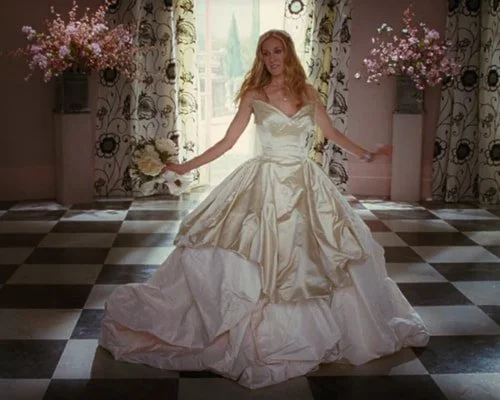
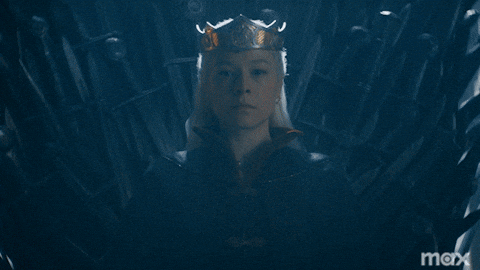
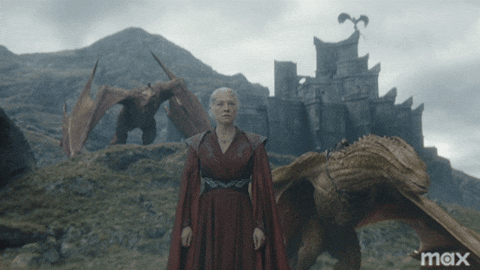
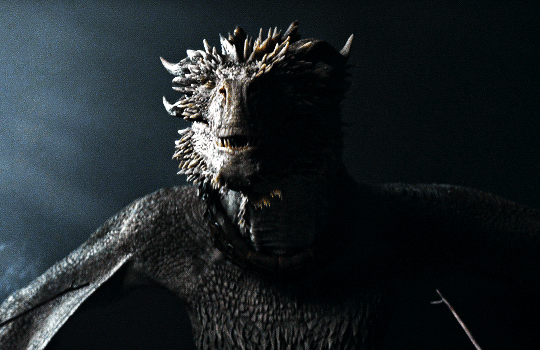
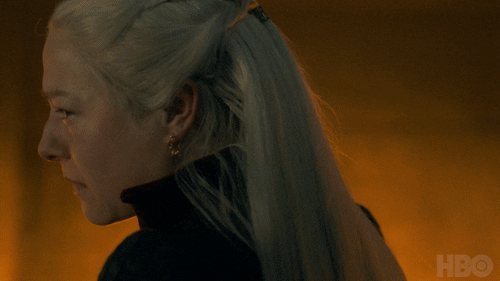

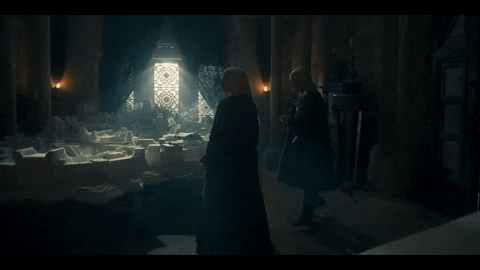
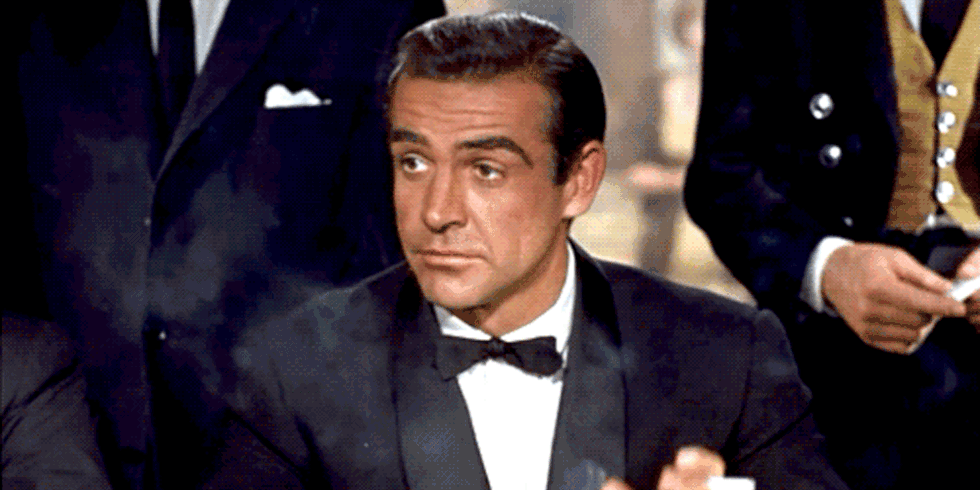


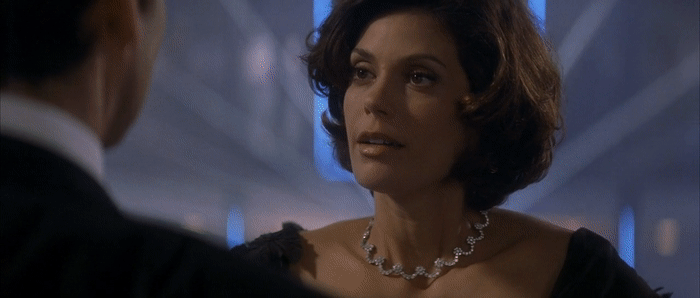

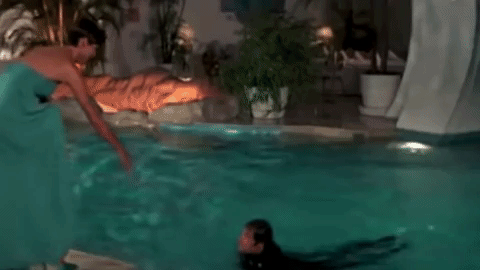
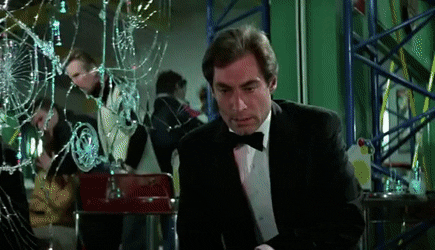
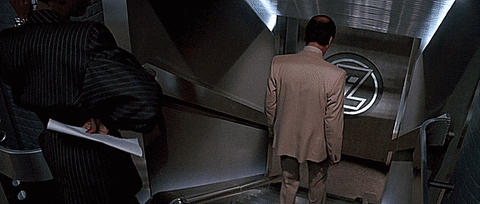
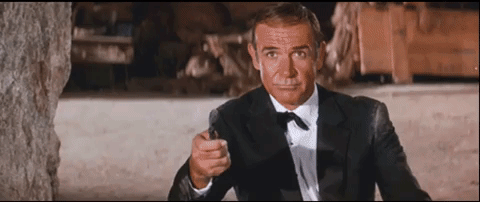
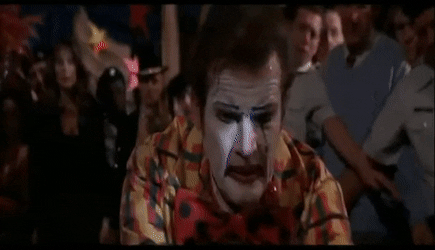
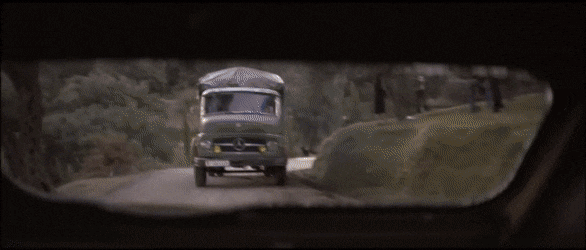
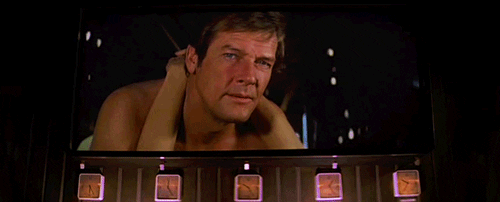

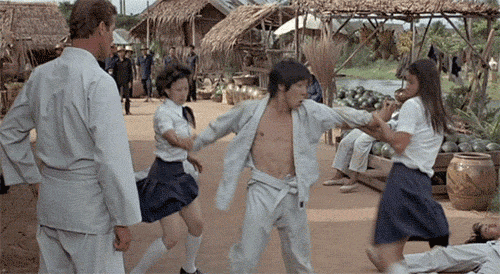
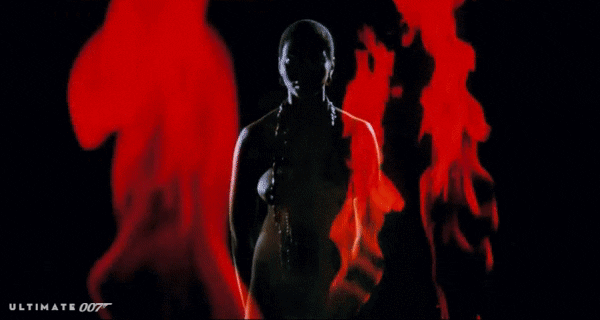

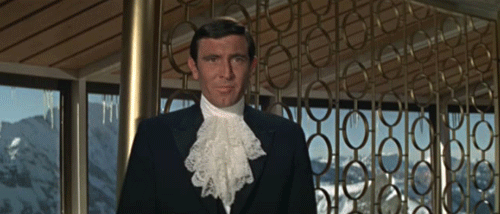

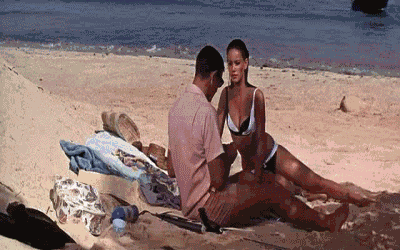
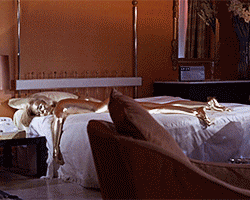
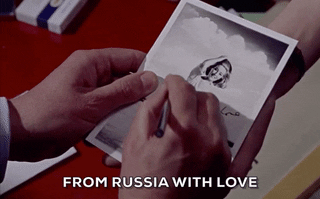
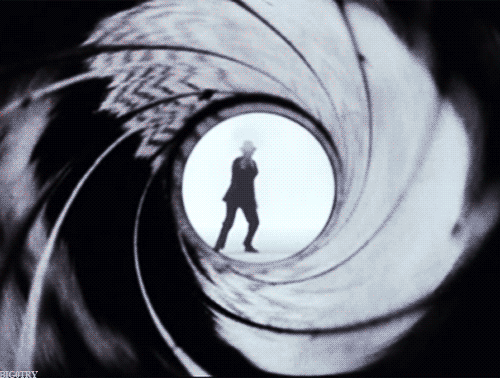
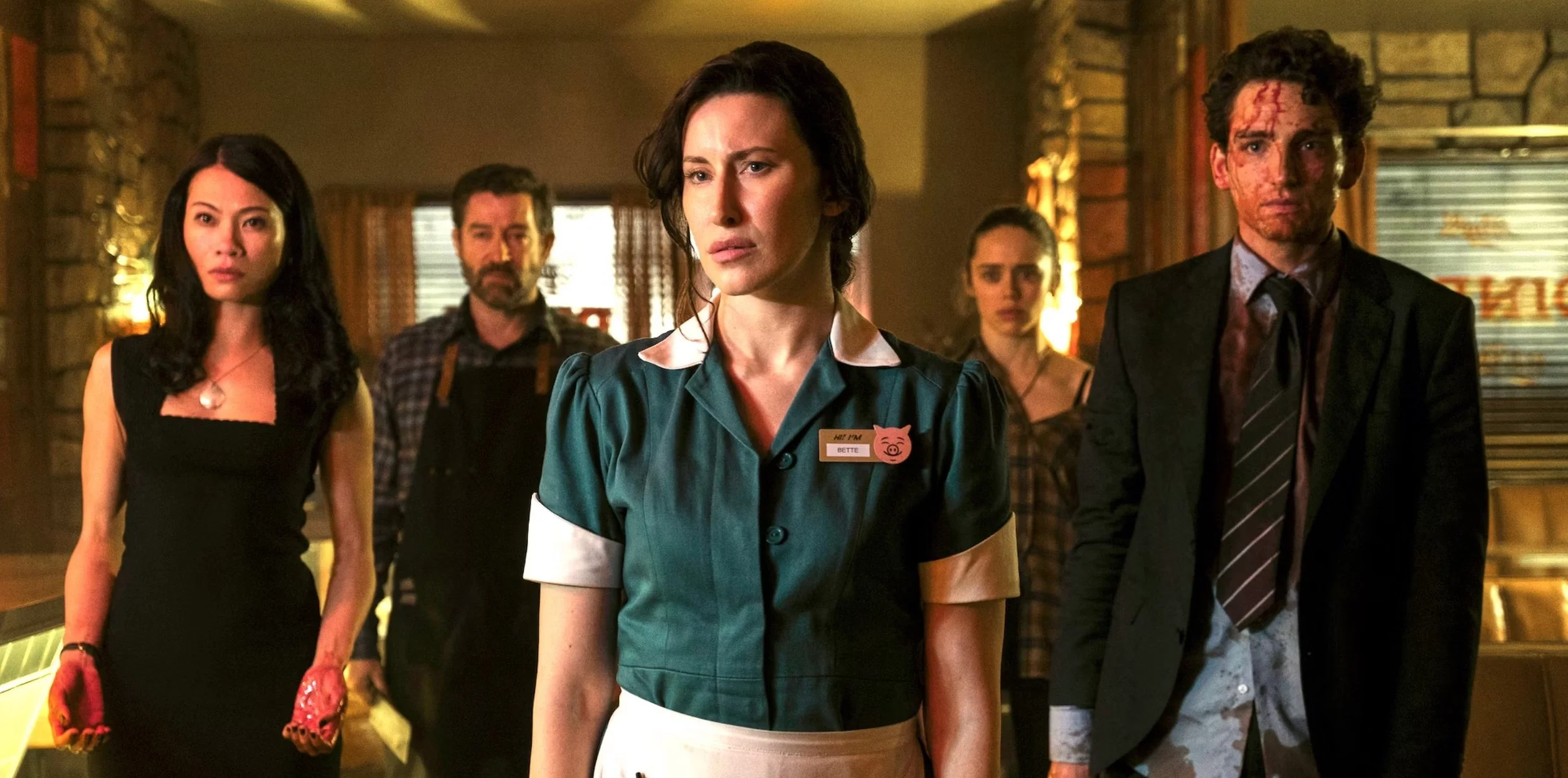
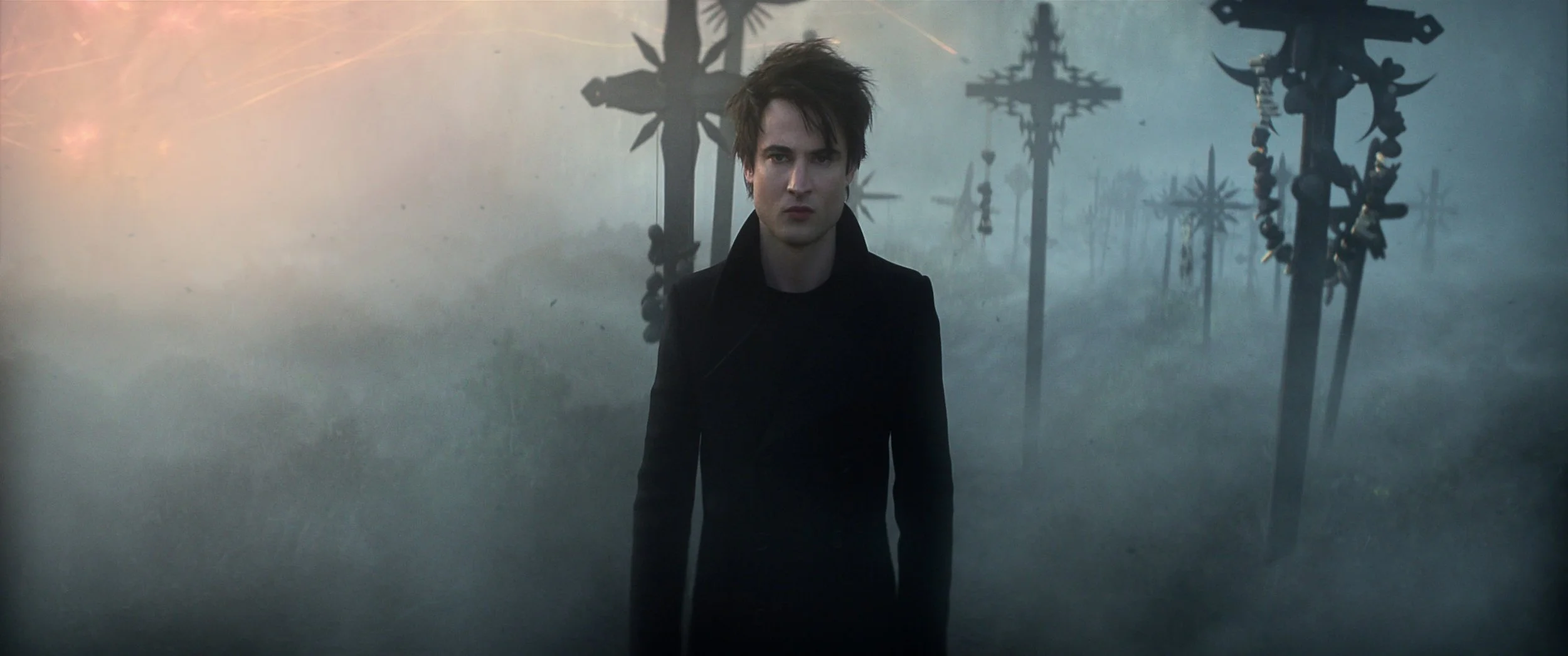



The show is now two for two on the early featuring of private parts. Last week it was the pre-credits pooping, this week’s it’s a post-priapism phallus.